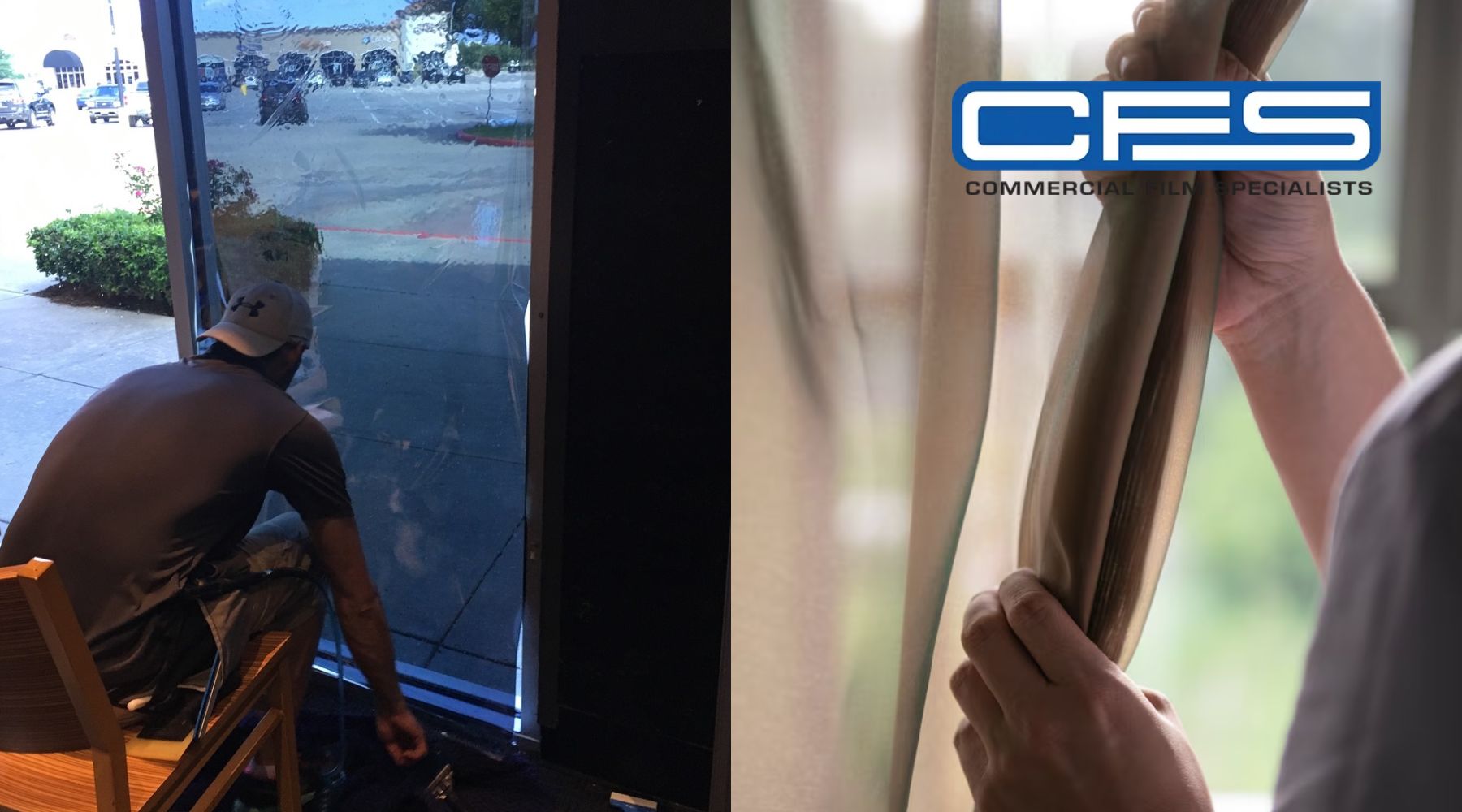Whether you’ve just had your windows tinted or have been enjoying the benefits for years, understanding how to maintain and clean window tint properly is essential. A well-maintained window tint doesn’t just look better—it lasts longer, provides stronger UV protection, and helps reduce energy costs.
This comprehensive Window Tint Maintenance Guide offers best practices, tools, and expert tips to ensure your investment remains effective for years to come. For homeowners in Houston, The Woodlands, and Cypress, these insights are tailored to both your local climate and the professional services provided by Commercial Film Specialists.
Why Window Tint Maintenance Matters
When installed professionally, window tint delivers a range of benefits—from enhanced privacy and glare reduction to improved energy efficiency and UV protection. But without regular care, these benefits can fade over time.
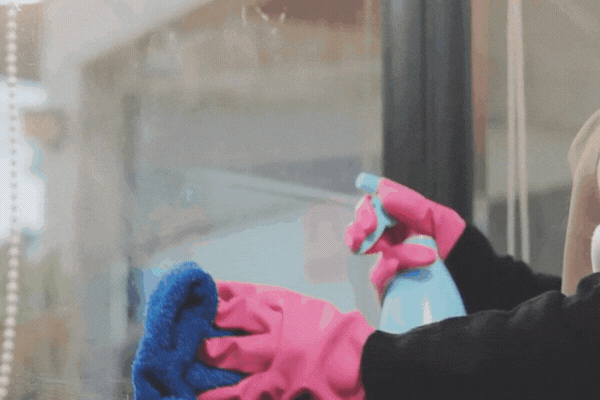
Here’s what consistent window tint maintenance can help you achieve:
- A longer-lasting film with fewer repairs
- Enhanced appearance and curb appeal
- Sustained energy savings throughout the year
- Protection against peeling, fading, and bubbling
💡 Tip: Failing to follow basic care guidelines often results in bubbling or discoloration, leading to premature replacements. Establishing a simple maintenance routine right after installation is a great way to preserve your tint’s performance. If you’re new to residential tint, check out this complete guide to Houston’s best home tinting services for more context.
Choosing the Right Products for Cleaning Tinted Windows
One of the most important steps in caring for tinted windows is selecting the right cleaning products. Many off-the-shelf glass cleaners contain ammonia, which can degrade the film’s adhesive and cause fading.

What to Use Instead:
- Ammonia-free glass cleaners labeled “safe for tinted windows”
- Soft microfiber cloths to avoid scratches and lint
- Tint-specific spray cleaners for enhanced clarity and film protection
❗ Avoid using paper towels, abrasive sponges, or cleaners that contain vinegar or alcohol, as these can damage your window tint.
🔍 Wondering why ammonia is harmful? It chemically breaks down the adhesive used in window film, leading to discoloration and peeling.
If you’re considering handling your tint project yourself, this breakdown of DIY vs. professional installation may help you decide the best approach.
Step-by-Step Window Tint Cleaning Techniques
A gentle touch goes a long way when cleaning tinted windows. Here’s a simple method that keeps your film clean and damage-free:
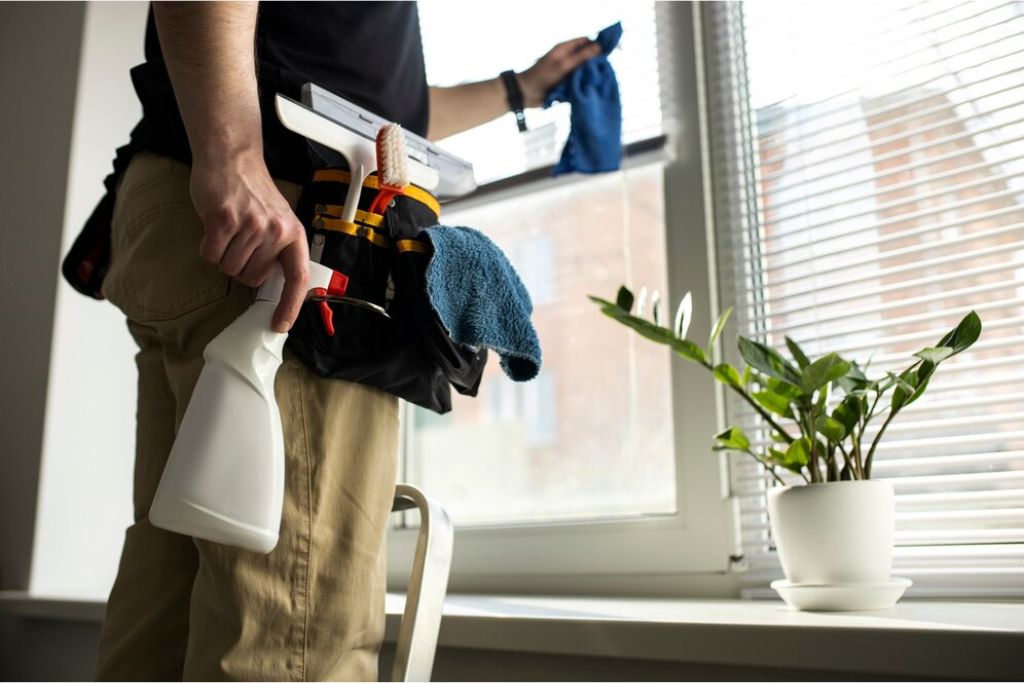
🧼 Cleaning Process:
- Spray an ammonia-free cleaner onto a microfiber cloth (not directly onto the glass).
- Wipe in a consistent direction—either vertical or horizontal.
- For sticky spots, gently use a plastic razor blade (never metal).
- Finish with a dry microfiber cloth to ensure a streak-free shine.
💡 Extra Tips:
- Clean at least once a month to prevent debris buildup.
- Avoid cleaning in direct sunlight, which causes quick drying and streaks.
- If your water has high mineral content, opt for distilled water for rinsing.
🔍 Improper drying techniques can result in mineral stains or even tint discoloration. Always follow up with a dry cloth.
Preventing Long-Term Damage to Window Tint
Even the highest-quality films—like the 3M-certified window tints offered by Commercial Film Specialists—can degrade if not protected from common hazards.
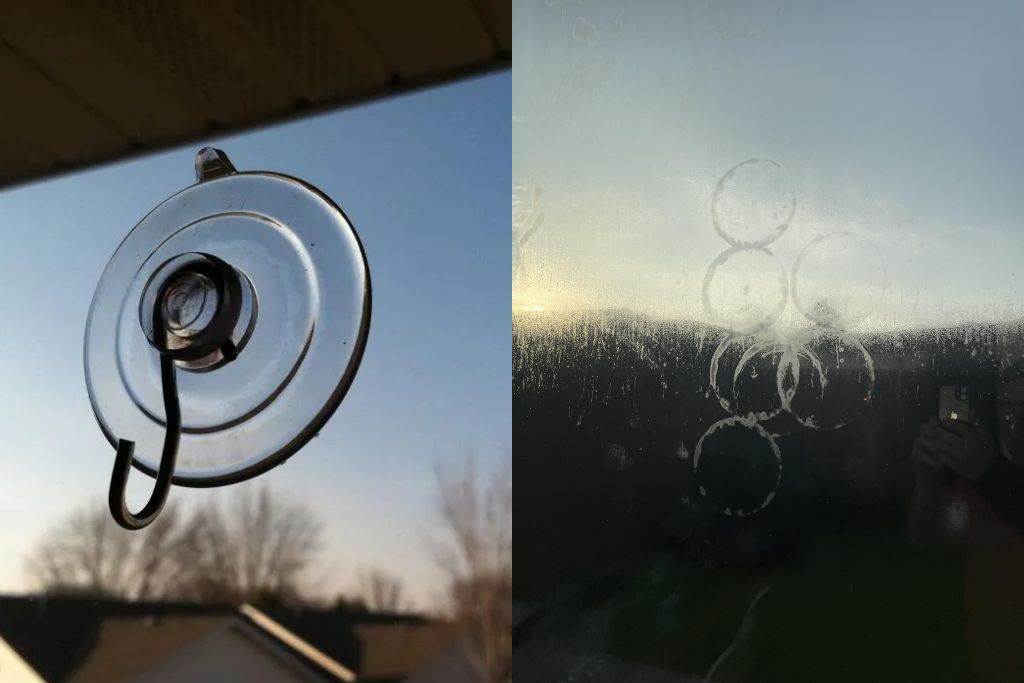
🔒 Here’s how to safeguard your tint:
- Park in shaded areas or use windshield sunshades when possible.
- Be cautious with sharp objects like seatbelt buckles, pet claws, or keys.
- Avoid attaching suction cups, decals, or tape to tinted surfaces.
- Clean off bird droppings, sap, or salt residue as soon as possible.
🔍 Excessive heat accelerates tint deterioration. As glass expands, it can stress the film and lead to bubbles or peeling—especially in Texas heat.
To better understand how tint works under local conditions, take a look at this article explaining how residential window tinting functions in Houston.

Let's Discuss Your Window Film Solution
At CFS we do things differently, we are masters of our craft. We take the extra steps necessary to make sure that each project is done the right way, from initial preparation to the final walk though. It matters not only in the end result but the longevity of the service. CFS founder Mike Norng, a nationally recognized PPF/Window tinting trainer, has taught installers all over the country how to install PPF and window tint with his advanced techniques.
Houston and surrounding area
Signs Your Tint Needs Professional Attention
Despite proper care, all window films will eventually wear out. The key is recognizing when it’s time for a touch-up or replacement.
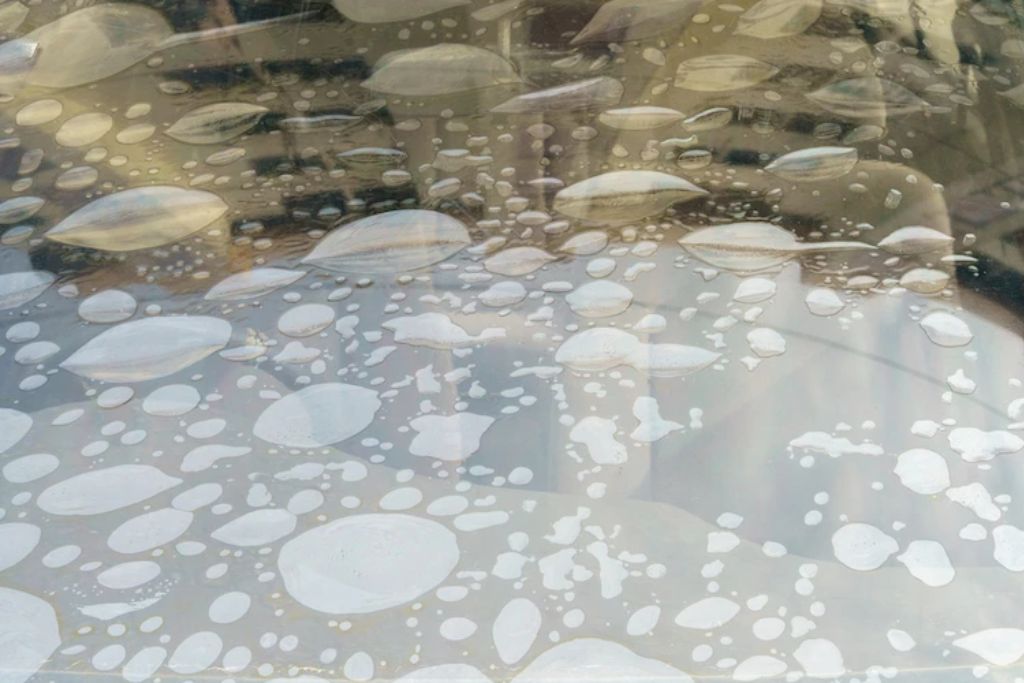
🔍 Common red flags include:
- Air bubbles forming beneath the surface
- Tint edges peeling or curling
- Fading or purple discoloration
- Scratches, streaks, or hazy appearance
If you notice any of these signs, it might be time to schedule a professional inspection.
🔍 Why should this be done yearly?
Annual inspections allow a trained technician to identify small issues before they turn into costly problems. They can also recommend film upgrades if your current tint no longer meets your needs.For more details on when to consult a professional, here’s a helpful read on whether home tints should be professionally installed.
Aftercare Tips for Newly Installed Window Tint
Newly applied tint needs time to cure—typically 48 to 72 hours. During this period, certain precautions will ensure a smooth, long-lasting result.

⏳ What to do right after installation:
- Avoid rolling down windows for at least three days
- Don’t clean the interior glass during the curing period
- Keep windows rolled up to maintain pressure on the film
🔍 A consistent maintenance routine boosts the performance of high-end tint products, helping them last longer and perform better—especially those designed for UV protection or energy efficiency.
If you’re still exploring whether tinting is right for your household, you may want to see who benefits most from residential window tinting.
Best Practices for Houston Homes and Weather
Houston’s combination of heat, humidity, and UV exposure demands a bit more diligence when it comes to maintaining tinted windows.

☀️ Local Tips for Longevity:
- Increase cleaning frequency during pollen-heavy or stormy months
- Opt for ceramic films that block heat without fading
- Add exterior shading like awnings or solar screens for extra UV defense
🏠 Residents in Greater Houston benefit most from partnering with local experts who understand these environmental challenges. Commercial Film Specialists offers customized solutions tailored to your property’s exposure and performance goals.
Safe Cleaning Product Recommendations
Looking for effective and safe products to clean your window tint? These options deliver a streak-free shine without damaging the film:

✅ Try These:
- Invisible Glass (tint-safe formula)
- Chemical Guys Streak-Free Window Cleaner
- DIY mix: distilled water + baby shampoo (no harsh chemicals)
🔍 Can you use dish soap?
Yes—only if it’s mild and free of degreasers or dyes. A few drops mixed with distilled water makes a safe homemade solution.
Final Thoughts
Caring for your window tint doesn’t need to be complicated—it just needs to be consistent. With the right supplies, gentle cleaning techniques, and routine checkups, your tint can provide comfort, protection, and energy savings for many years.
If you’re ready for a professional touch—or just want to make sure you’re doing everything right—Commercial Film Specialists is here to help, serving homes throughout Houston, Cypress, The Woodlands, and beyond.
Frequently Asked Questions (FAQ)
Why does tint fading occur more commonly on older vehicles?
Older films often lacked advanced UV protection and used adhesives that degrade over time.
Why do some cleaning products shorten the life of window tint?
Products with ammonia or alcohol compromise the tint’s structure and lead to early failure.
Can I wax my tinted windows?
It’s not recommended. Wax can leave behind streaks or residue that affects film clarity.
How often should I clean my tinted windows?
Monthly cleaning is ideal—more often during Houston’s allergy season or dusty weather.
Is professional cleaning worth the cost?
Definitely. Pros use industry-approved tools and techniques that not only clean but help extend the life of your tint.
Commercial Film Specialists
5.047 Google reviews
Window tinting service in Houston, Texas
Hours: Closed ⋅ Opens 9 AM





